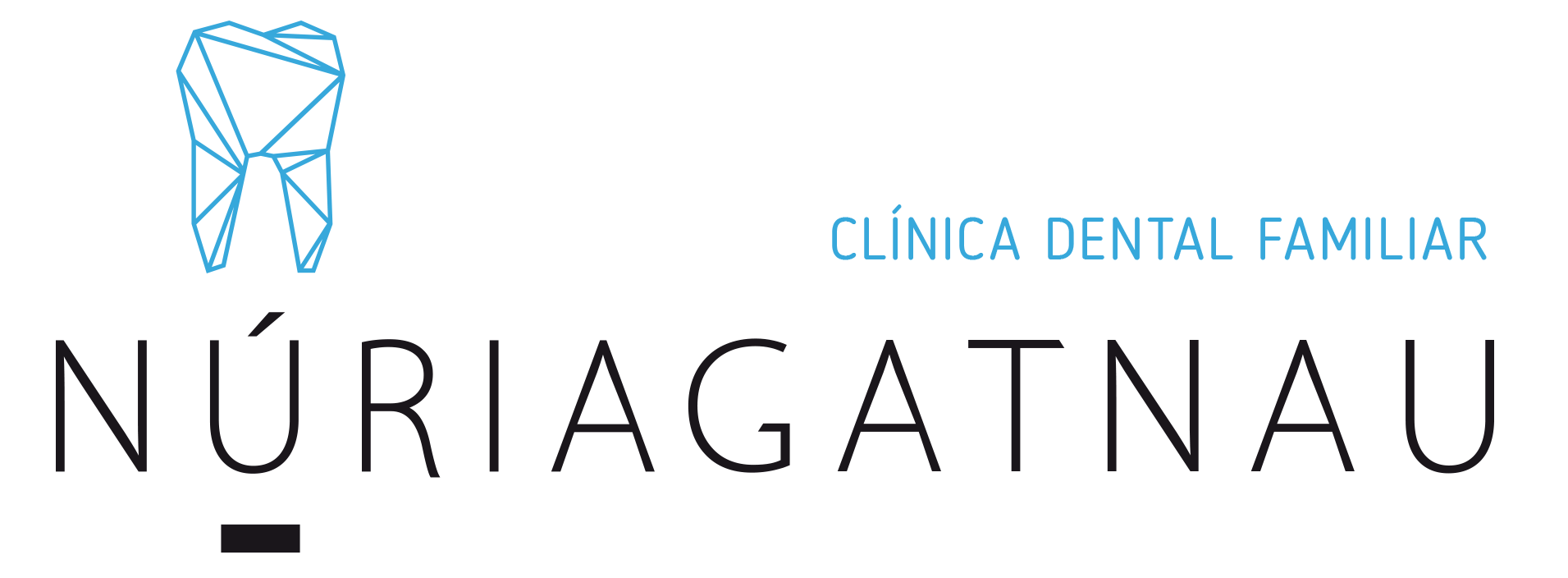Do we know how to react when a child has an accident involving their teeth?
First aid skills are sadly lacking in our society, but when it comes to responding to accidents affecting our oral health, we are even less knowledgeable. That’s why we’ve compiled a series of recommendations on the best possible response if you ever find yourself in this type of situation.
- Toothache. It’s important to carefully clean the area around the aching tooth. If you have some food stuck between your teeth, you can carefully use a piece of dental floss to dislodge it. You can rinse out your mouth with warm, salty water, but we do not recommend rubbing aspirin into a painful gum or tooth. We recommend that you apply a cold compress if your cheek is swollen, take paracetamol and visit your dentist.
- Cut or bite to the lip, tongue or cheek. You can apply ice to the affected area. If you’re bleeding, apply light pressure using a clean piece of gauze or cloth. If the bleeding doesn’t stop within 15 minutes or when you apply pressure, go to the accident and emergency department of your local hospital.
- Loss of an adult tooth. The first thing you should do is find the tooth. Always hold it by the crown, never by the root; you can rinse it, but scrubbing should be avoided. If possible, you should try to reinsert it in its place; if this is impossible, put it in a container full of water or milk and see your dentist immediately.
- Broken orthodontic appliance. If it’s possible to take the appliance out, you should do so. If not, cover up the part causing discomfort with cotton wool, gauze or chewing gum. If it is protruding into your gum, cheek or lip, it’s better not to touch it. Go straight to the accident and emergency department of your local hospital. Lastly, if the appliance is broken but not causing any discomfort, it’s not necessary to go to A&E in most cases.
- Other emergencies:
- Possible jaw fracture. If you suspect the patient has a fractured jaw, you should immobilise their jaws with a towel or scarf and go to hospital immediately.
- Bleeding after the loss of a baby tooth. Give the child a clean piece of gauze or cloth to bite down on and encourage them to do this several times. If the bleeding continues, you should take the child to see a dentist.
- Ulcers or sores. You can buy products to alleviate the discomfort in your local pharmacy. However, please bear in mind that ulcers can sometimes be caused by illnesses. If they persist, it’s a good idea to have them checked by a dentist.
Photo by Jose Ibarra on Unsplash
